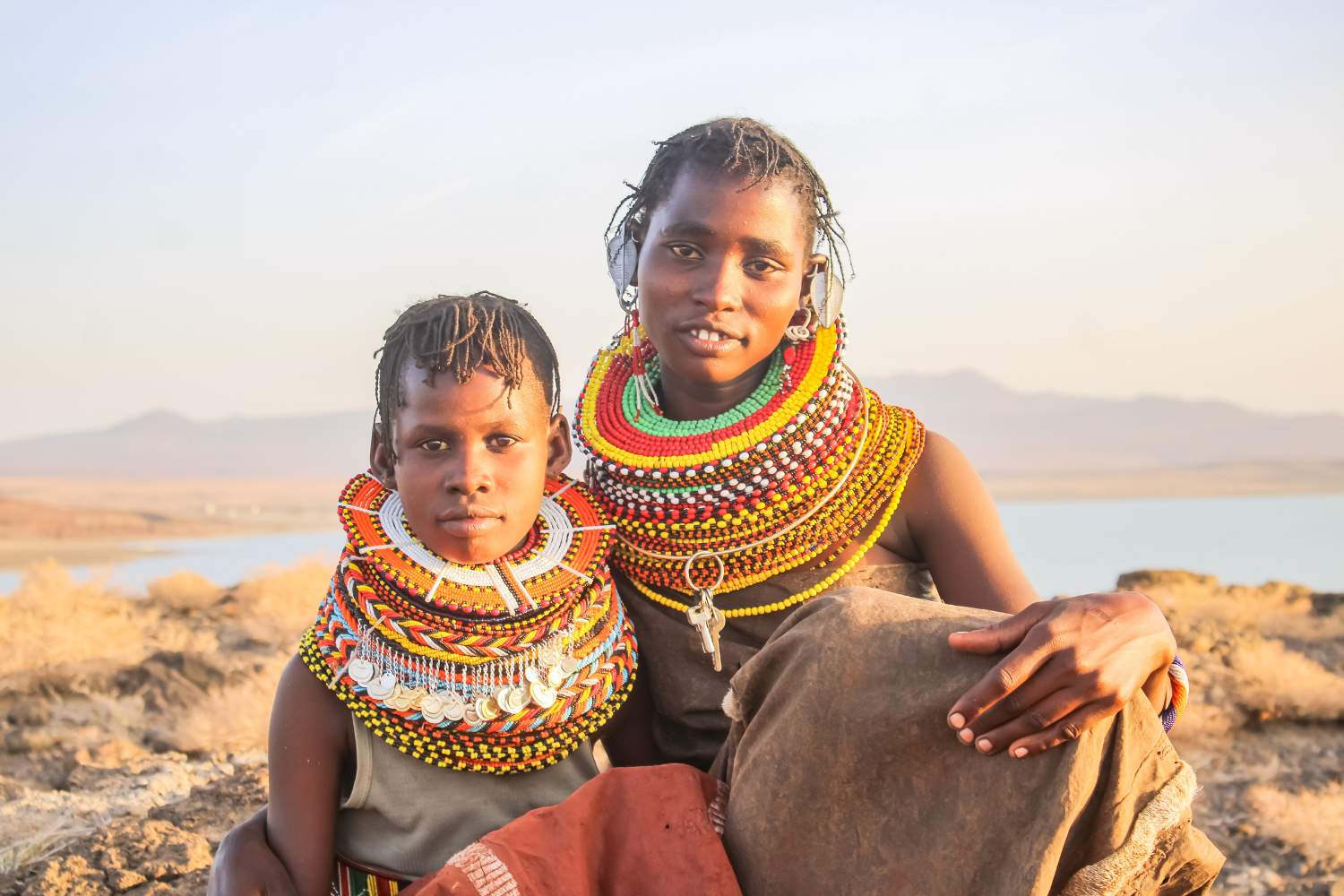The Turkana of Kenya survive in the desert thanks to a genetic mutation that allows their kidneys to retain water even with minimal hydration, protecting them from dehydration and disease

In one of the hottest regions on Earth, where the thermometer often exceeds 122 degrees Fahrenheit (50°C), lives a population capable of defying the laws of biology. The Turkana, a nomadic community of Kenya, move between East Africa, Uganda, South Sudan and Ethiopia, surviving on very little water and an almost entirely animal-based diet.
They drink an average of 1.5 liters (0.4 gallons) per day, an amount that for anyone else would be insufficient to survive. Yet, against all odds, the Turkana are healthy, active and free from the chronic diseases that such dehydration would normally cause.
A life-saving genetic mutation
The secret to this resistance was revealed by a study published in Science, which analyzed the genome of over 300 Turkana individuals. Scientists discovered the presence of eight modified DNA regions, among which a gene called STC1 stands out. This gene, highly active in the kidneys, allows the body to retain more water and better filter waste substances.
The upregulation of the STC1 gene not only prevents dehydration, but also protects against kidney problems caused by a diet based on red meat, milk and animal blood, rich in purines and potentially harmful for those without the same evolutionary adaptation.
The history of the Turkana woman is deeply intertwined with the rich cultural heritage of the Turkana people of…
Posted by The Turkana TV on Monday, June 2, 2025
A balance between evolution and environment
For the Turkana, this mutation represents an evolutionary advantage in an extreme habitat, but not without risks. Researchers speak of evolutionary mismatch when these individuals move to cities and abandon their nomadic lifestyle. In an urban environment, the same mutation that protects them in the desert can become a problem for metabolism and kidneys.
According to researchers, better understanding this adaptation could pave the way for new therapies against dehydration and kidney diseases, increasingly widespread in areas affected by chronic drought. After all, the Turkana body is living proof of how far evolution can push itself, rewriting the rules of human survival in the desert.
Source: Science
